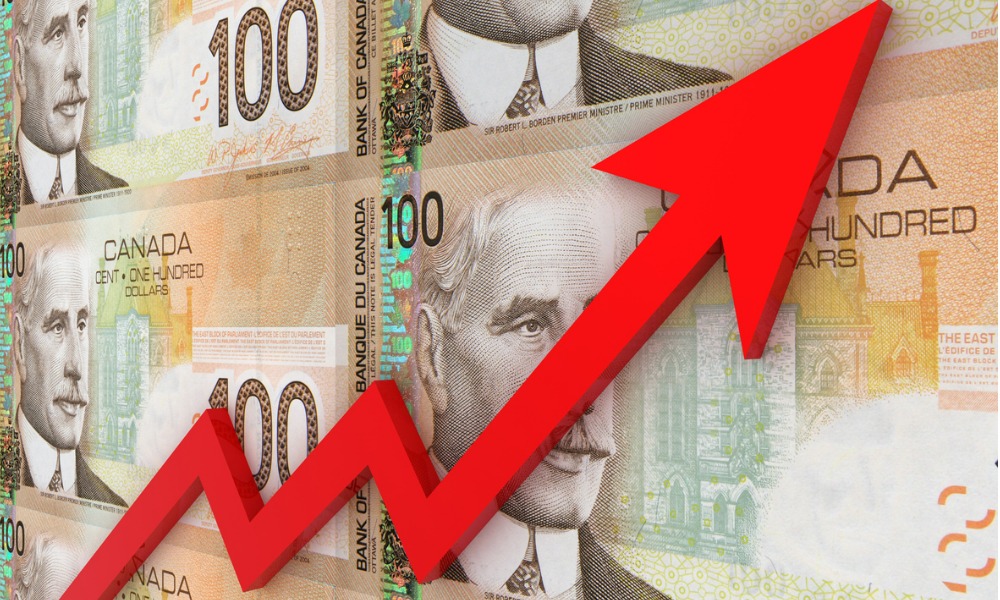Canada's economy is set to grow by 2.4% in 2025, according to the latest IMF forecast

The International Monetary Fund (IMF) has revised its forecast for the Canadian economy, predicting growth of 1.3 percent this year and 2.4 percent in 2025, according to a report released on Wednesday.
The updated figures, reported by The Financial Post, mark an increase of one-tenth of a percentage point from the IMF's initial world economic outlook published in April.
Canada is expected to lead the G7 and other advanced economies in growth for 2025. The US economy is projected to grow by 1.9 percent, ranking second, and the UK by 1.5 percent, placing third.
The global growth forecast remains at 3.2 percent for this year, with a slight increase to 3.3 percent next year, up from the 3.2 percent projected in April.
Emerging and developing market economies are anticipated to grow by 4.3 percent both this year and next. China's growth forecast for this year has been revised up to 5 percent from an initial 4.6 percent, while India's economy is expected to grow by 7 percent.
Saudi Arabia experienced the most significant downward revision, with growth now expected at 1.7 percent, 0.9 percentage points lower than initially projected in April.
The IMF suggests the global economy is heading toward a “soft landing,” but warns of ongoing risks to inflation, especially in advanced economies.
Pierre-Olivier Gourinchas, economic counsellor, and director of research at the IMF, noted in a blog post that while headline inflation has decreased without triggering a recession, energy and food prices have nearly returned to pre-pandemic levels. Overall inflation remains high.
The report, titled ‘World Economic Outlook Update: The Global Economy in a Sticky Spot,’ indicates that inflation reduction has slowed this year due to higher-than-average service costs and persistent wage growth.
Wage increases, resulting from negotiations at the start of the year, have kept short-term inflation expectations elevated.
Gourinchas highlighted that the higher price of goods relative to services has boosted demand for services and the labour required to produce them. This persistent inflation could prompt central bankers in the G7 to maintain higher interest rates for longer, potentially risking the global economy’s soft landing.
The report also pointed out potential trade disruptions from election outcomes this year as a risk. With many countries implementing their own industrial policies and unilateral tariffs, long-term global economic growth could be affected.
Gourinchas emphasized that while trade instruments have their place, they should be used sparingly within a multilateral framework to correct identified distortions. He noted that current trends are moving away from these principles.



